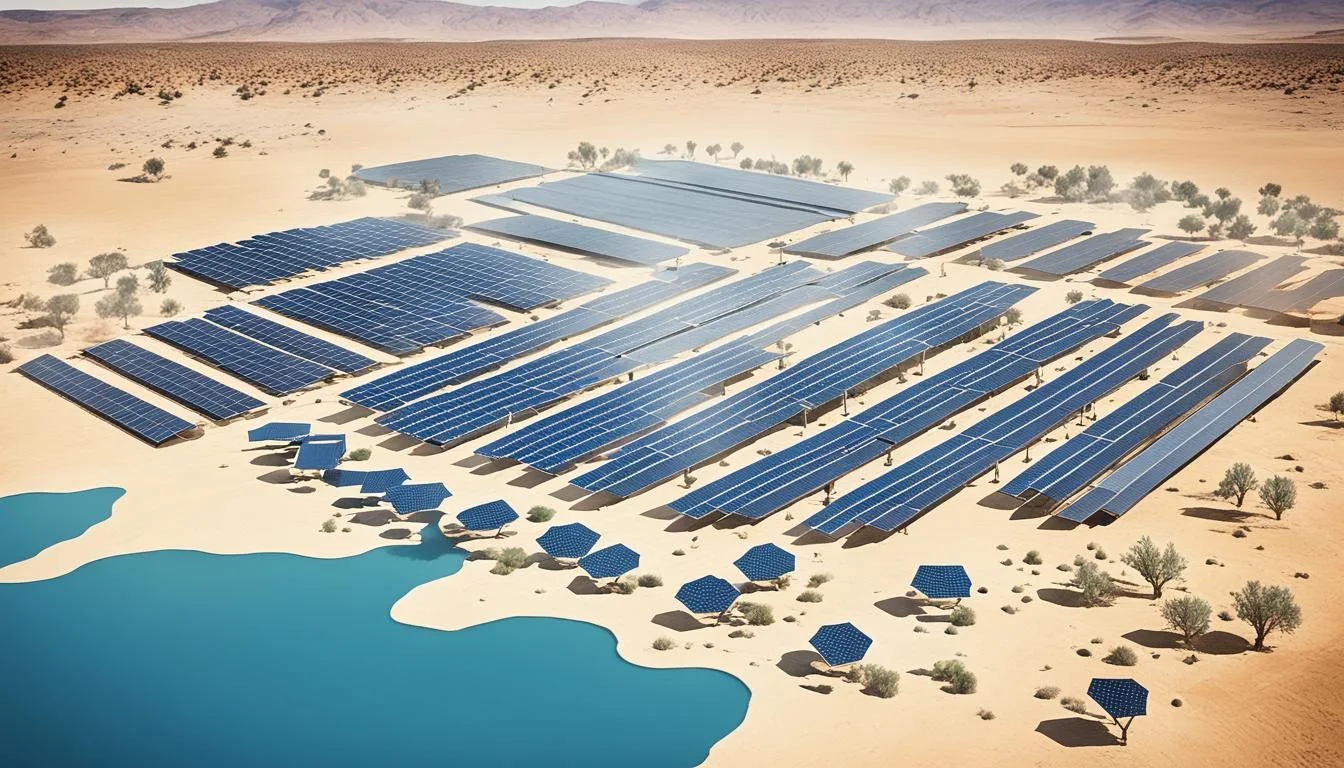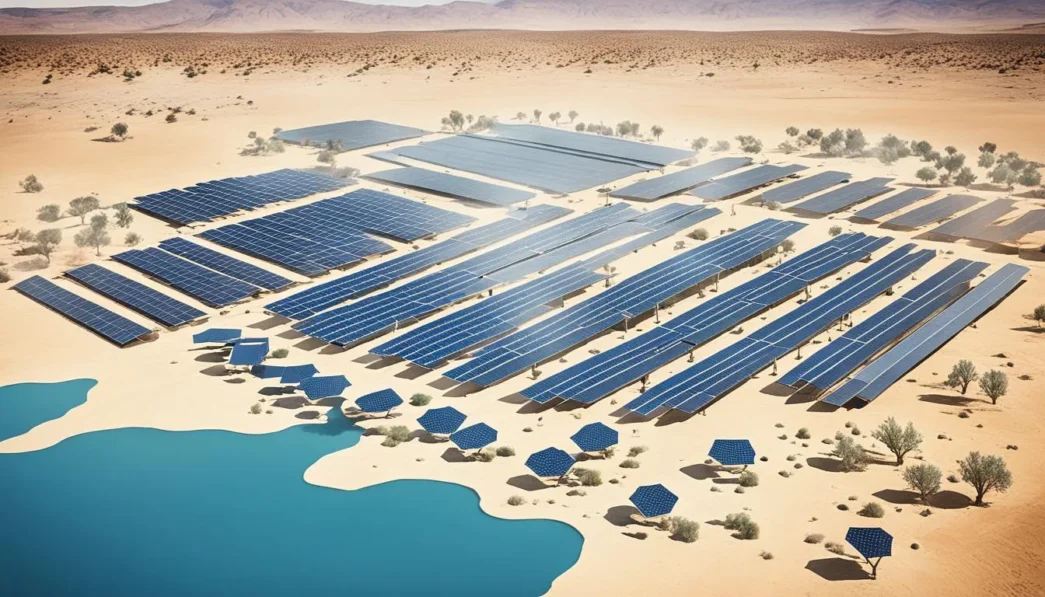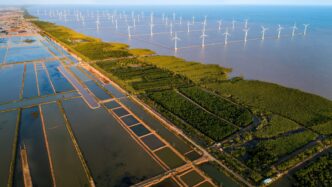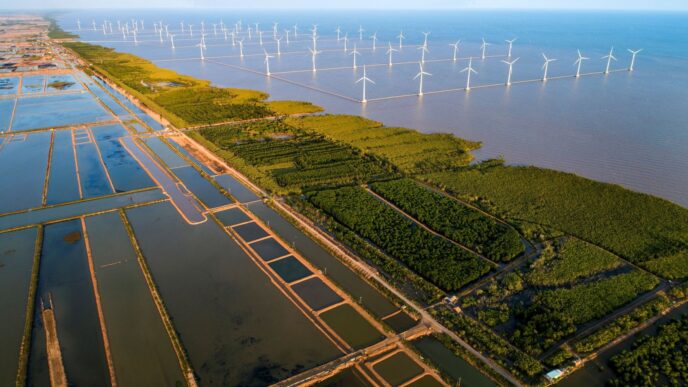Jordan, a country known for its rich history and diverse landscapes, is increasingly facing the harsh realities of climate change. With limited natural resources and a predominantly arid climate, Jordan is particularly vulnerable to the adverse effects of global warming. This article explores the impacts of climate change on Jordan, the challenges it faces, and the adaptive strategies the country is implementing to secure a sustainable future.
Impacts of Climate Change on Jordan
- Water Scarcity
- Jordan is one of the most water-scarce countries in the world, and climate change is exacerbating the situation.
- Effects: Decreased rainfall, higher evaporation rates, and over-reliance on depleting groundwater resources.
- Example: The Jordan River’s flow has diminished significantly, affecting agriculture and ecosystems.
- Rising Temperatures
- Average temperatures in Jordan have been steadily increasing, leading to heatwaves and prolonged dry periods.
- Effects: Reduced agricultural productivity, increased energy demand for cooling, and health risks like heatstroke.
- Desertification
- Land degradation due to reduced vegetation cover and unsustainable land use is accelerating.
- Effects: Loss of arable land and biodiversity, impacting rural livelihoods.
- Extreme Weather Events
- Jordan is experiencing more frequent and intense droughts, flash floods, and sandstorms.
- Effects: Infrastructure damage, displacement of communities, and increased vulnerability of marginalized populations.
Challenges Posed by Climate Change
- Limited Water Resources
- Jordan relies heavily on shared water sources like the Jordan River Basin, making it vulnerable to regional conflicts and overuse.
- Economic Pressures
- Climate-related disruptions affect key sectors like agriculture and tourism, which contribute significantly to Jordan’s GDP.
- Urbanization and Population Growth
- Rapid urbanization and the influx of refugees place additional pressure on water, energy, and housing resources.
- Energy Dependency
- High dependency on imported fossil fuels hampers Jordan’s ability to mitigate emissions and adapt sustainably.
Adaptive Strategies to Combat Climate Change
- Water Management Initiatives
- Water Recycling: Investments in wastewater treatment and reuse for agriculture and industry.
- Rainwater Harvesting: Encouraging households and businesses to collect and store rainwater.
- Desalination Projects: Expanding desalination plants, such as the Aqaba-Amman Water Desalination Project, to provide a reliable water source.
- Renewable Energy Development
- Solar Power: Jordan’s abundant sunlight is driving investments in solar farms and rooftop panels.
- Wind Energy: Projects like the Tafila Wind Farm are contributing to cleaner energy production.
- Sustainable Agriculture
- Efficient Irrigation: Promoting drip irrigation and other water-saving techniques.
- Climate-Resilient Crops: Encouraging the cultivation of crops that can withstand heat and drought.
- Urban Planning and Green Infrastructure
- Developing eco-friendly urban areas with green roofs, energy-efficient buildings, and improved public transport systems.
- Public Awareness and Education
- Launching campaigns to educate citizens about climate change impacts and the importance of conservation.
- Incorporating climate change topics into school curricula to inspire future generations.
Global and Regional Collaboration
- Paris Agreement Commitments
- Jordan has pledged to reduce greenhouse gas emissions and increase renewable energy use under its Nationally Determined Contributions (NDCs).
- Cross-Border Water Agreements
- Collaborating with neighboring countries to manage shared water resources sustainably.
- International Funding
- Securing grants and loans from organizations like the Green Climate Fund and World Bank to finance adaptation projects.
The Road Ahead
Jordan’s proactive steps toward addressing climate change demonstrate its commitment to sustainability. However, continued progress requires:
- Increased Investment: Greater funding for renewable energy, water infrastructure, and research.
- Stronger Policy Implementation: Enforcing environmental regulations and incentivizing green practices.
- Community Involvement: Engaging local communities in conservation efforts and sustainable practices.
Climate change poses significant challenges for Jordan, but the country is taking meaningful strides to adapt and build resilience. By leveraging innovative strategies, fostering regional cooperation, and promoting sustainability, Jordan can turn these challenges into opportunities for a greener and more prosperous future.
Topics: Climate Adaptation Climate Change Desertification Green Infrastructure Jordan Environment Middle East Challenges Paris Agreement Renewable Energy Sustainability In Jordan Water Scarcity













